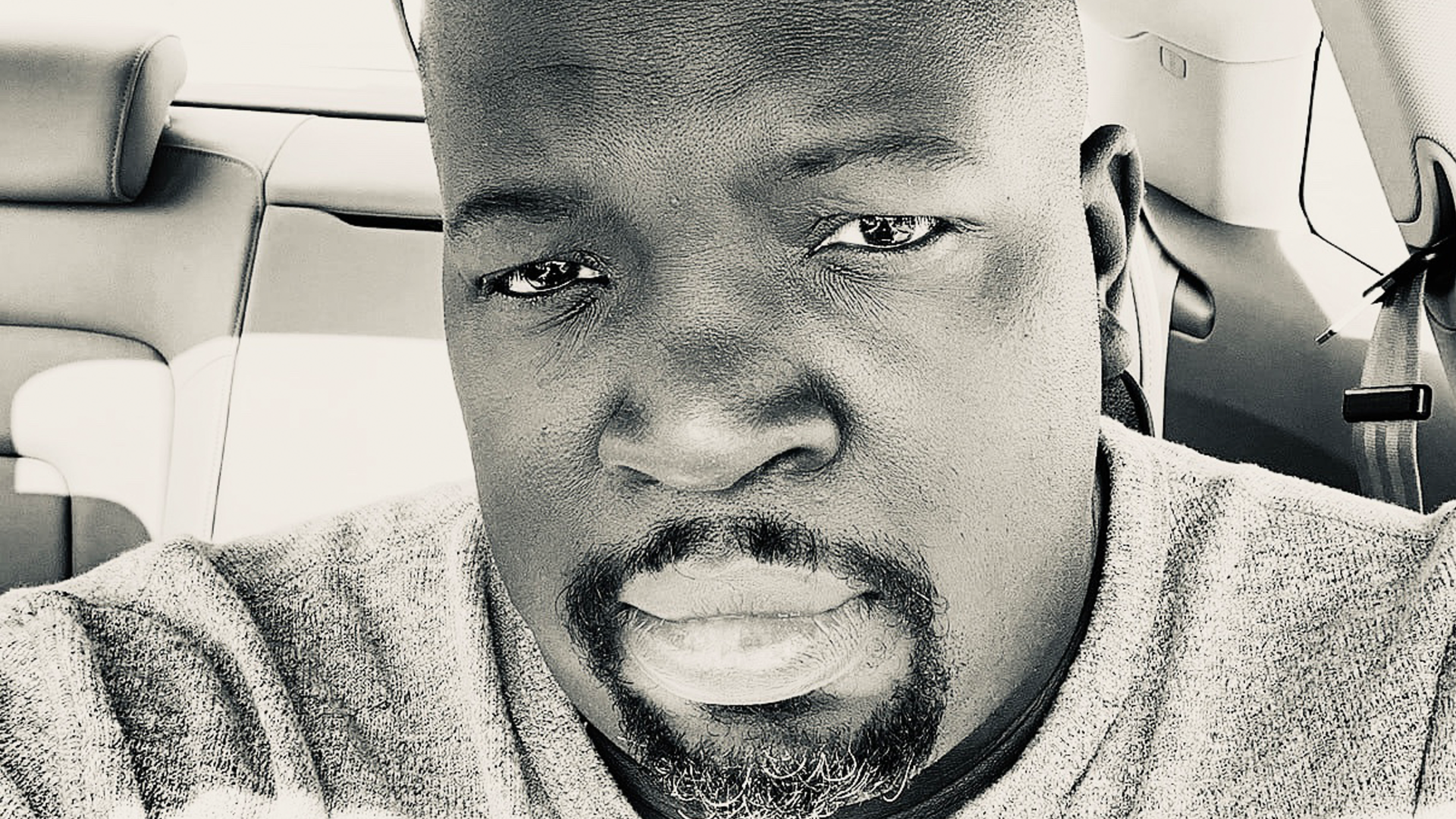A business failure or setback is unfortunate and a very real and and sometimes unavoidable part of your entrepreneurship journey. A business failure may be completely unexpected and can completely destroy your plans and devastate you financially. All your hard work and planning (which took so much time, effort and cost) can be destroyed in the blink of an eye!
These setbacks may also demolish your self-esteem and destroy your desire to continue forward and continue on your entrepreneurship journey… or they may also motivate you to reinvent yourself, learn from your mistakes and work even harder for success the next time around.
A single mistake or failure (sometimes out of your control) can invalidate all of your previous achievements and severely damage your business reputation. Unfortunately for women and Minorities, this can be harsher and more difficult to recover from.

Many successful entrepreneurs have failed multiple times before striking it big and becoming the well known business icons that they are today. Some of these “failures” include:
Lyron Foster (Yes, Me. I’ve failed more times than some people would dare to try. But I’ve learned invaluable lessons after each failure and was able to turn these lessons into ]effective strategies that helped me to finally achieve some of my business goals.
Bill Gates (Yes, the Microsoft Billionaire!) Before building his empire, Gates started a business called Traf-O-Data which went nowhere and he dropped out of Harvard. But his passion for computers and his vision of the opportunities led him to start Microsoft.
Colonel Sanders Was actually rejected over a 1,000 times before a restaurant accepted and gave him a chance. He founded the ultra famous KFC franchise when he was 65 years old.
Evan Williams Before striking it big with Twitter, his company called Odeo, went belly up.

The Road to recovery
The VERY FIRST and sometimes most difficult step on the way to overcoming your business failure and turning it into a learning experience is to identify and truthfully acknowledge what went wrong. I know you’re probably feeling hurt, stressed and possibly intimidated. However, you need to take a deep breath and put your feelings aside because it’s time to enter critical thinking mode.
Start by figuring out exactly which factors contributed to the outcome and develop a strategy and recovery plan.

Here are some tips that might help you:
Don’t take it personally. This is a hard one. Especially if disappointed customers are lobbing insults in your direction and your competitors are going out of their way to revel in your failure. (It’s difficult to stay positive when random people are calling you an asshole on the internet, I know). You should just understand that this failure doesn’t define you as a person or as an entrepreneur. Your downfall will likely have nothing to do with your business acument or operational tactics, but rather market and/or financial situations that are beyond your control.
The worst thing a business owner can do after a business failure is to drown in self-pity instead of working on your mistakes and trying again. (Trust me, I speak from personal experience on this one.). If you take your business failure as a personal one, you risk missing the opportunity to analyze this outcome while the mistake and details of what has transpired are still fresh in your mind.
Break it down. Try to figure out what exactly went wrong. Go through each step and pivotal milestone that may have impacted business development. Analyze any identified weak spots and determine an effective way to address these weak spots if you had the opportunity to do so again.
Connect with other CEOs and Business owners operating in the same industry and pick their brains. Ask them about how their day to day operations and run some of your identified weak spots by them. Likely they will have encountered the same situations and might be able to offer additional perspectives and strategies for addressing these issues.
Plan, Plan and Execute!
Don’t dwell on your failure for too long, but don’t be too eager to dive right back in and re-create the same situation! Make sure you’ve given yourself time to research and learn. This will not be an overnight process. It may even be necessary to go to your regular 9–5 job while you’re working through this. Give yourself time and when you’re ready, proceed with confidence!
Lyron Foster is a Hawai’i based African American Author, Musician, Actor, Blogger, Philanthropist and Multinational Serial Tech Entrepreneur.

